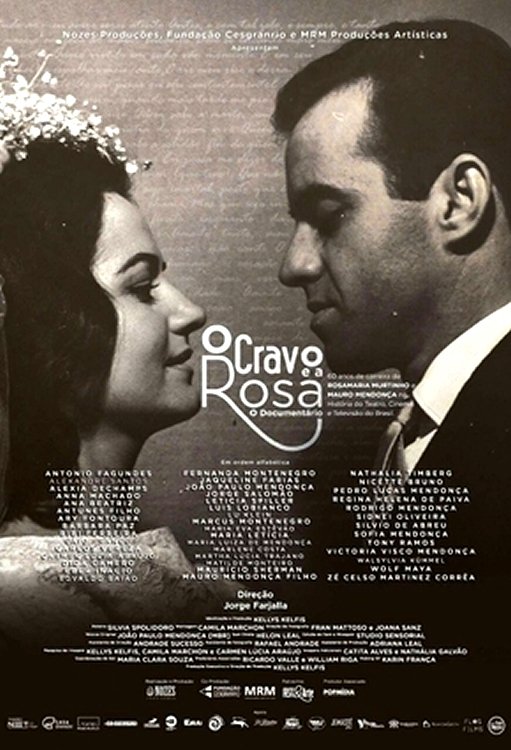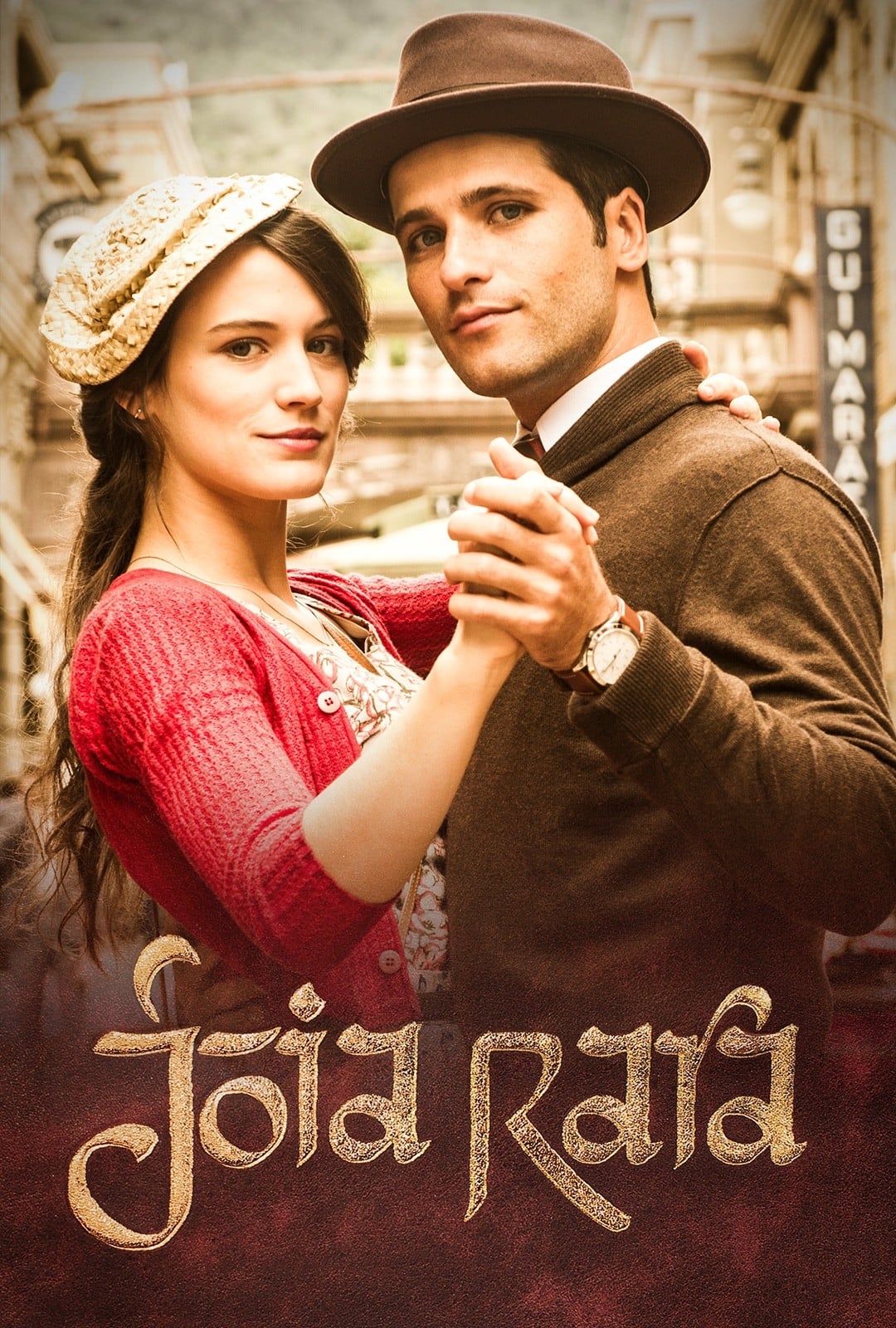

The trajectory and artistic imagery of actor and director Zbigniew Ziembinski (1908-1978), precursor of modern theater in Latin America and master of generations of Brazilian actors. The polyphonic montage builds on vast unpublished material, covering half a century of performances, teletheaters and interviews by Zimba, as he was known – before and after fleeing Poland, on the eve of the invasion of Warsaw – and recreates fragments of Wedding Dress , a play by Nelson Rodrigues which the Polish-Brazilian director won a revolutionary montage in 1943.

Laila is a Syrian victim of a bombing who agrees to marry a powerful sheikh in exchange for money to save her little brother's life. However, plans change due to the tragic death of the child. Laila and her family flee to start a new life in distant lands. Abandoned and enraged, the sheikh sends Jamil, his right-hand man, in search of the bride, but could not imagine he would fail to obey his command and fall madly in love with her. This forbidden love will be tested when the sheikh's daughter decides to take revenge after her father's mysterious death. From Emmy winners Thelma Guedes and Duca Rachid, ‘Orphans of a Nation’ tells a beautiful love story in the current context of refugees from around the world.


Beatriz is a famous psychoanalyst who teaches others to be happy, but isn't able to be happy herself. Things take a turn when her mother's death takes her traveling with her sister to Buenos Aires to comply with the unusual directives she left in her will.

Documentary on Rosamaria Murtinho and Mauro Mendonça’s 60-year long career in Brazilian theater, film and television. The film not only runs through the career of these artists, but also paints a portrait of a generation that rose alongside them and that works with art till this day.

In this romantic police comedy, after a luxury hotel is robbed by four of its employees, the lives of all people involved are turned upside down. With different motivations, they will do all they can not to be discovered, bringing all sorts of conflicts into the hotel. The confusion escalates when the detective trying to solve the case falls in love with one of the robbers, unaware he is one.


In 1934 two supposed brothers survived an avalanche in the Himalayas: the millionaire Franz Hauser (Bruno Gagliasso), who is saved by Buddhist monks, and Manfred (Carmo Dalla Vecchia), rescued by a team of climbers. Manfred returns to Brazil with a terrible secret: he sabotaged Franz’s equipment in order to take his place in the family business. After an exhaustive search, Ernest Hauser gives his son up for dead and appoints his bastard son as the director of the Hauser Group.

A moving tale of courage and resilience in the struggle for freedom – this is the role that life has cast for headstrong Morena in Brave Woman. Raised in a poor neighborhood in the outskirts of Rio de Janeiro, this tough and humble woman will spare no effort to protect her family and gain her independence.

This moving telenovela tells the story of an unconditional love that overcomes life’s unexpected turnarounds. Ana is a promising tennis player who counts on best friend and sister Manuela for support. After a terrible car accident, Ana goes into a deep coma and only emerges from it five years later. Now, she must struggle to recover the life that went on without her and that she no longer recognizes as her own.
Nicete Xavier Miessa, better known by her stage name Nicette Bruno (Niterói, January 7, 1933 — Rio de Janeiro, December 20, 2020), was a Brazilian actress. Nicette made her professional debut in 1945, in the play Romeo and Juliet, based on the literary work of the same name by William Shakespeare. Daughter of actress Eleonor Bruno, Nicette was married to actor Paulo Goulart, with whom she had three children, actors Beth Goulart, Bárbara Bruno and Paulo Goulart Filho. Her television work includes Rosa dos Ventos (1973), Éramos Seis (1977), Selva de Pedra (1986), Bebê a Bordo (1988), Rainha da Sulcata (1990), Mulheres de Areia (1993), A Próxima Vítima ( 1995), Sítio do Picapau Amarelo (2001–04), Alma Gêmea (2005), Sete Pecados (2007), A Vida da Gente (2011), and other television works, being a pioneer of Brazilian television and one of the references in the history of teledramaturgy in the country.